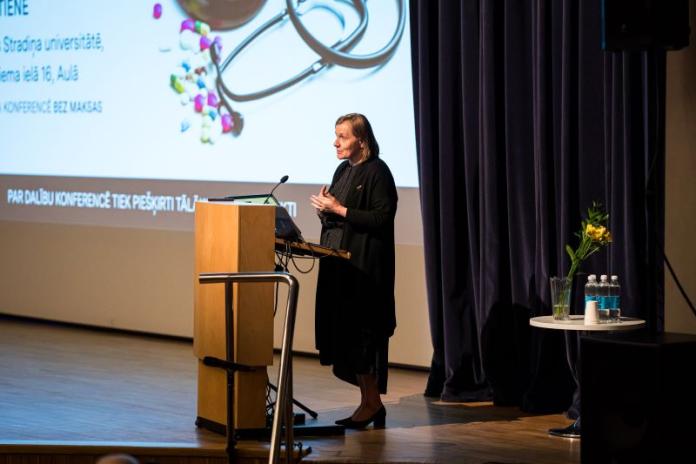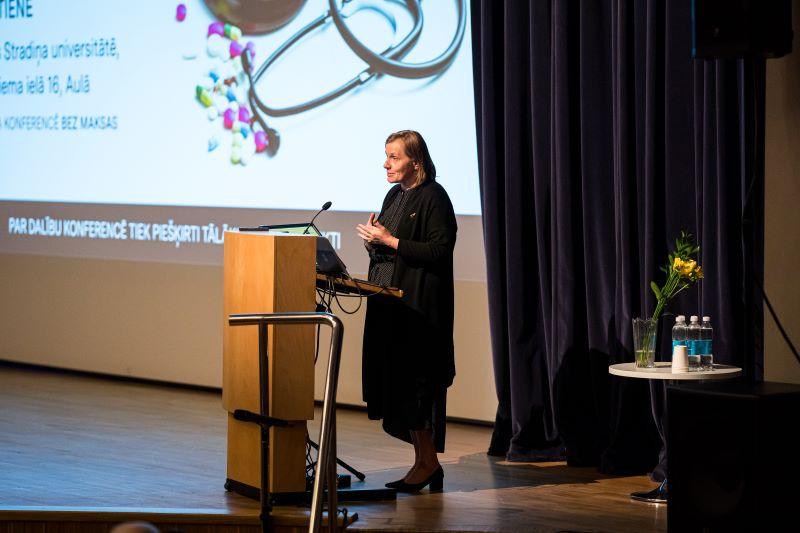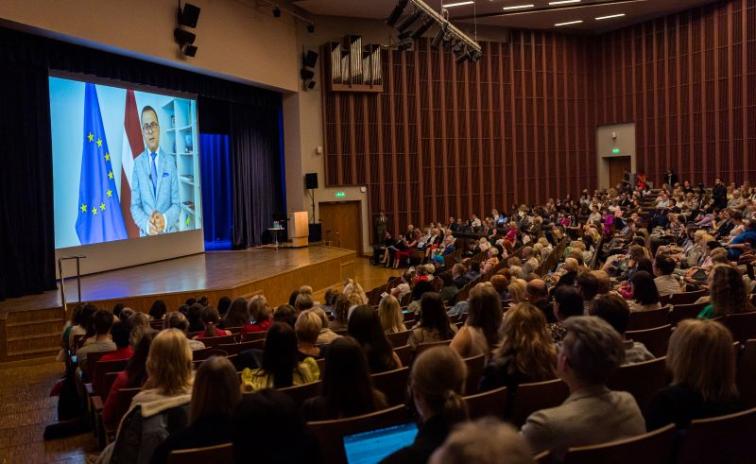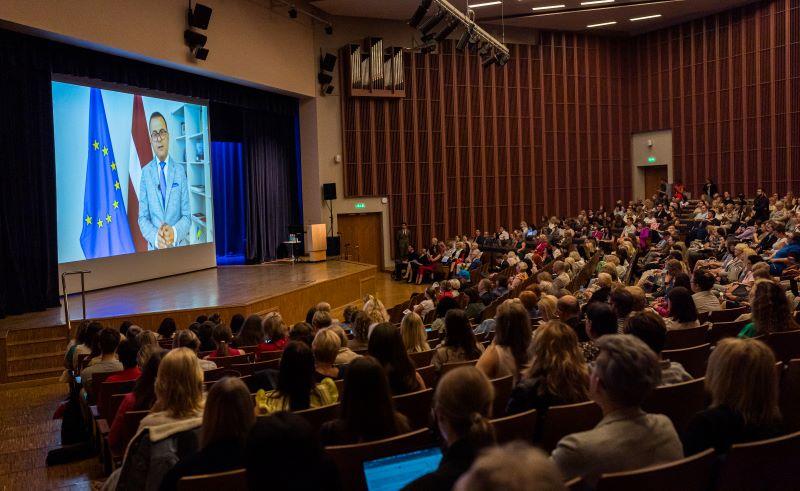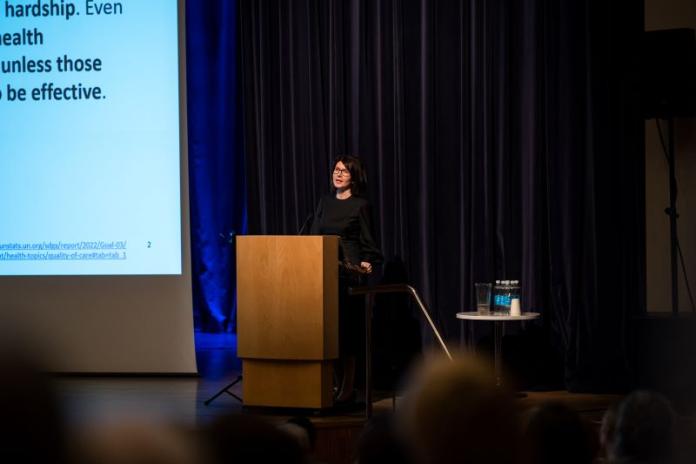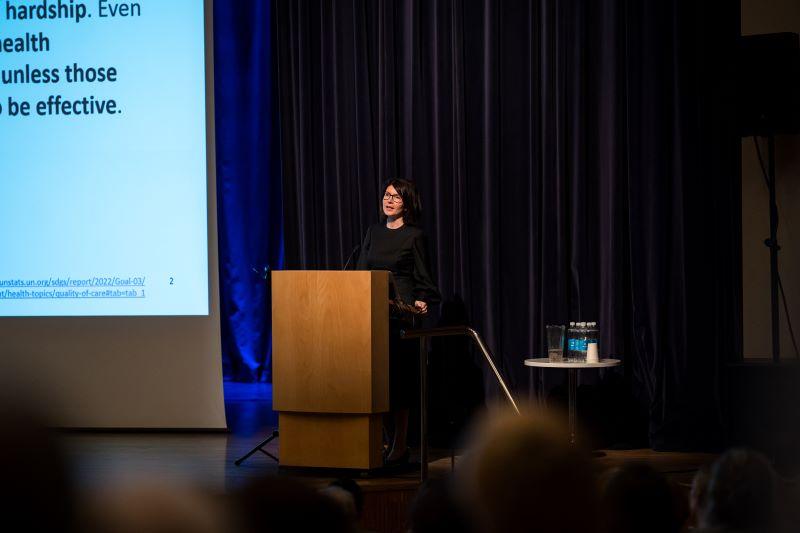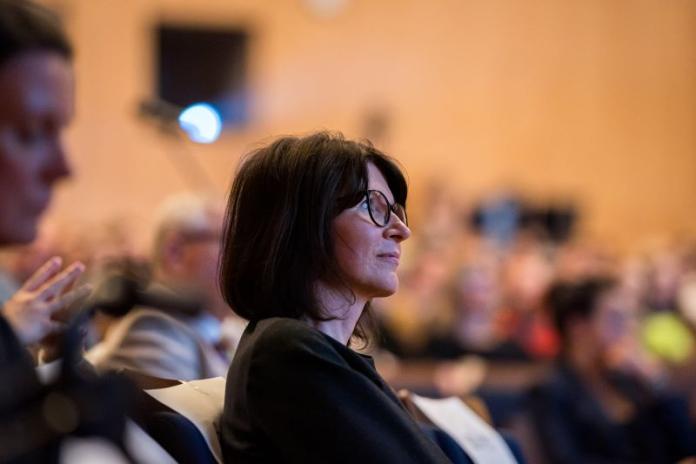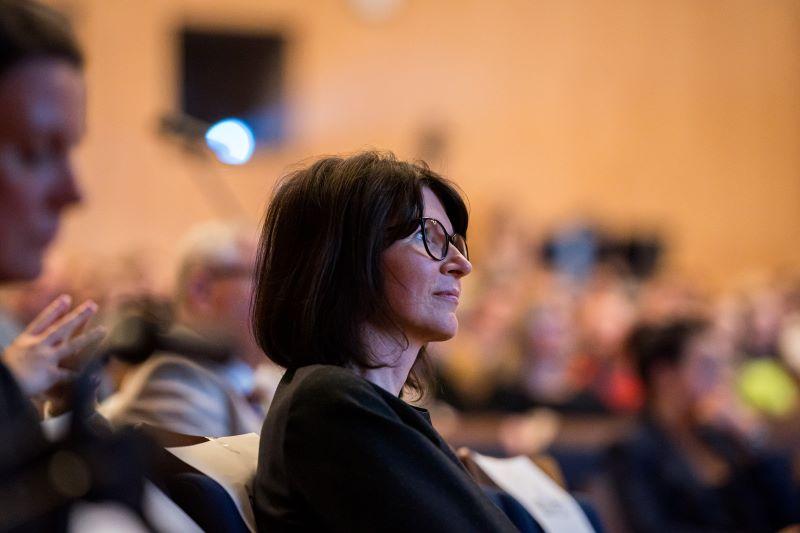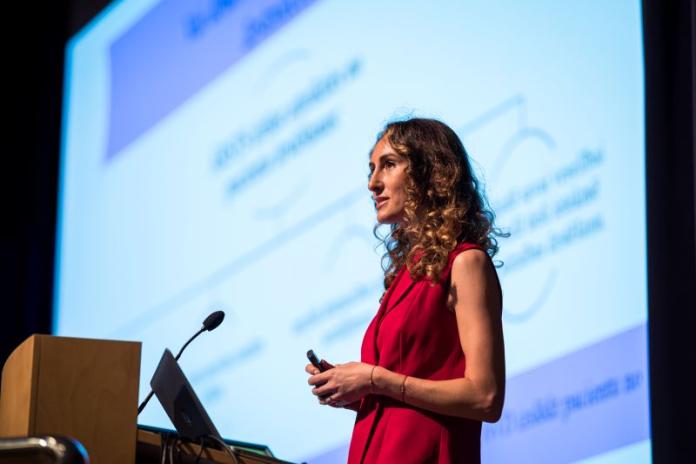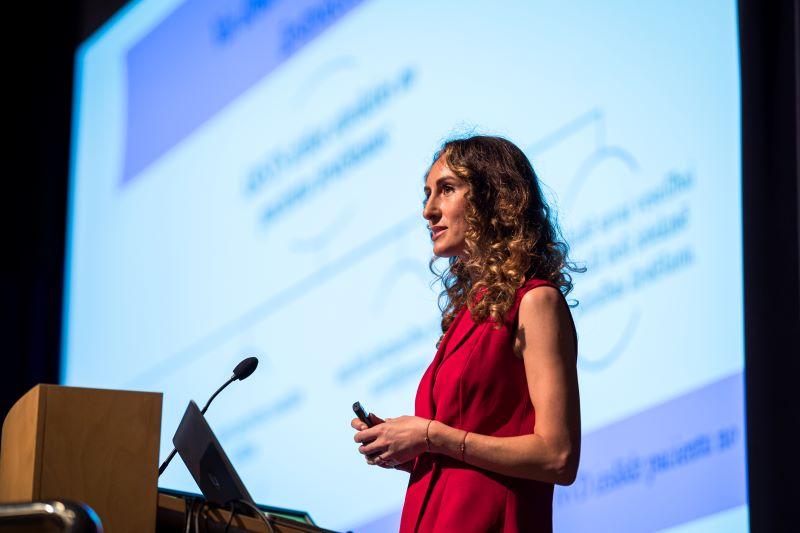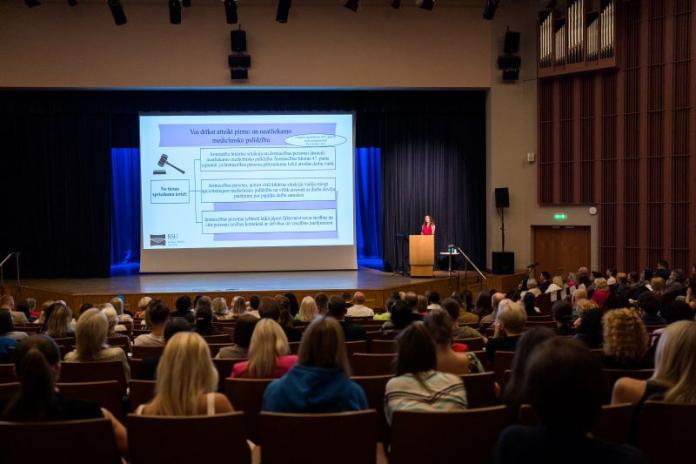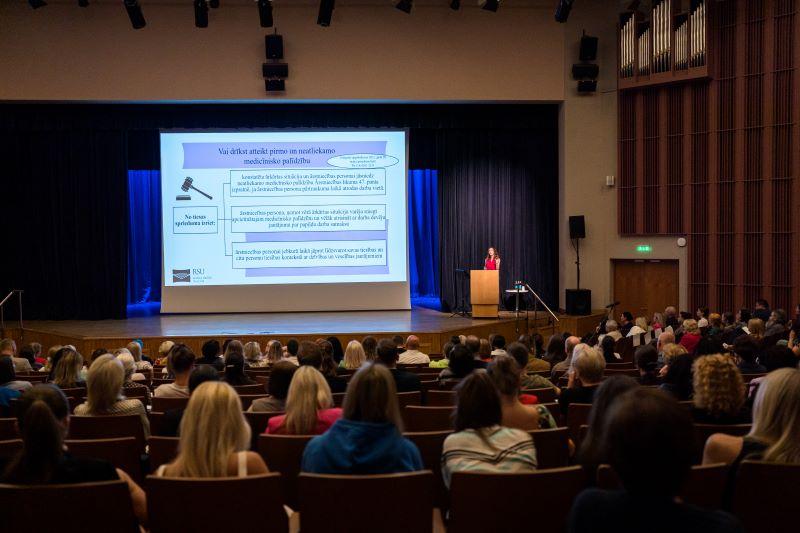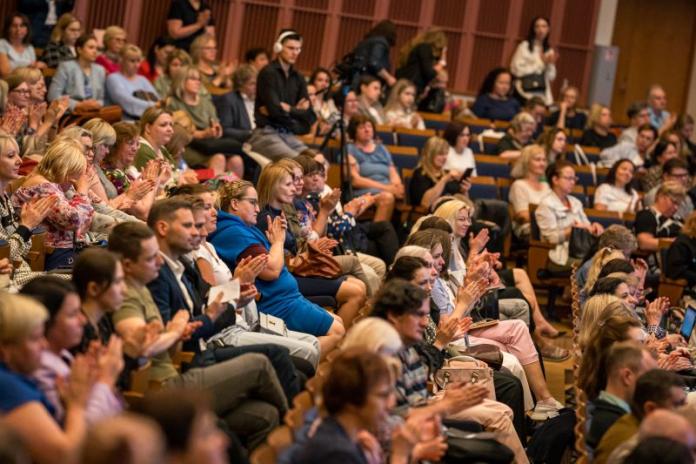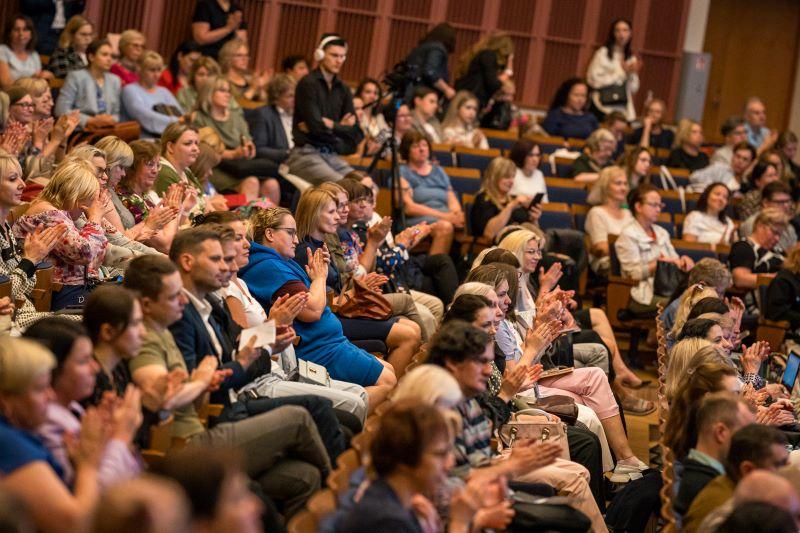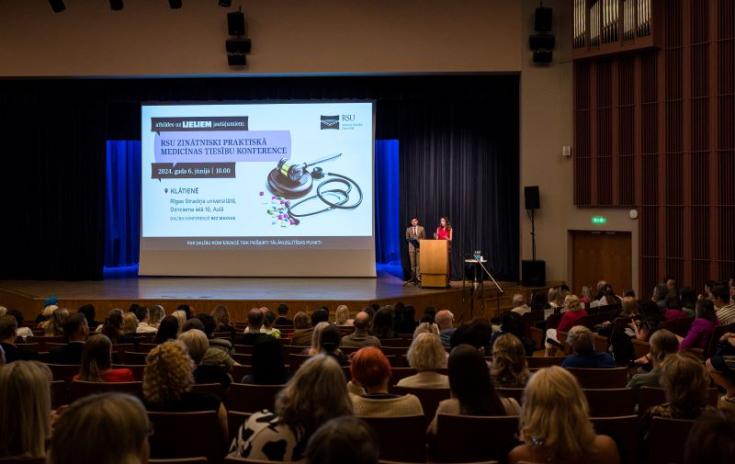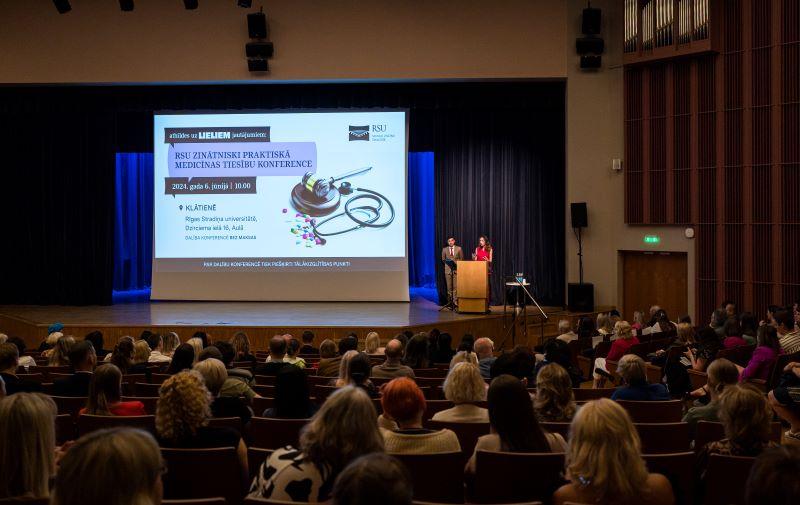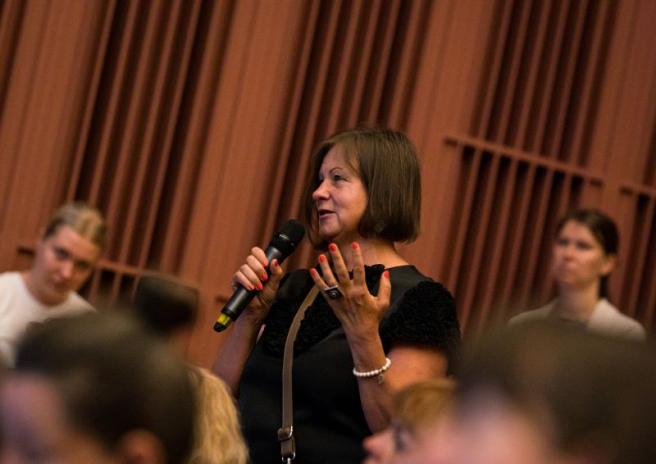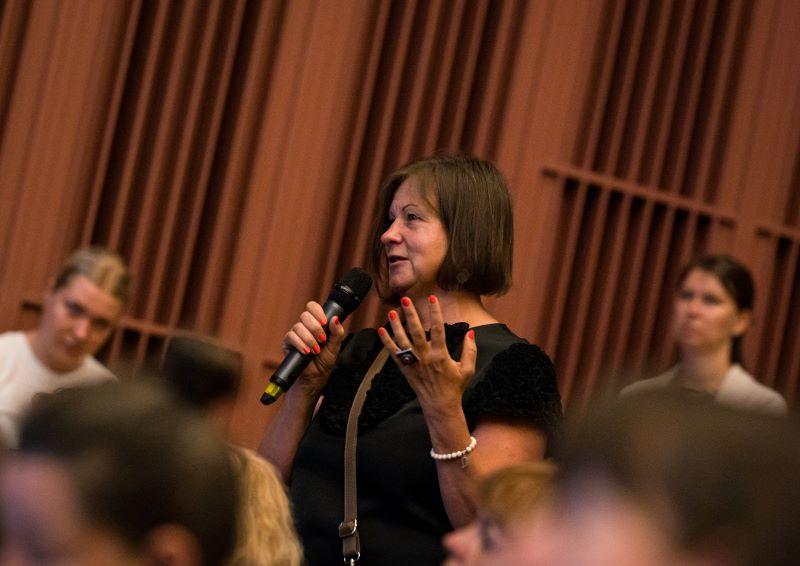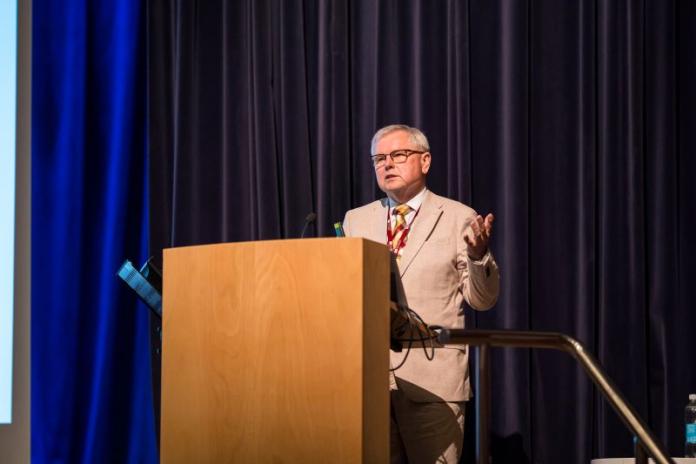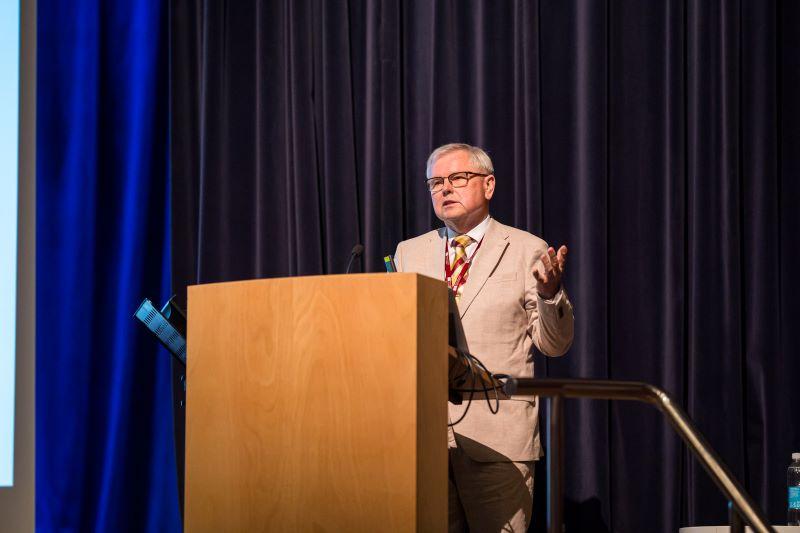RSU hosts fourth medical law conference with record number of participants
On Thursday, 6 June, Rīga Stradiņš University (RSU) hosted the only medical law conference in Latvia for the fourth year in a row. More than 700 participants attended the event. The aim of the conference was not only to highlight challenges in the field of medical law and the relationship between patients and medical practitioners but also provide solutions to the issues discussed.
The medical law conference is interdisciplinary and brought together representatives of various professions: medical practitioners, medical support persons, legal professionals, lawyers, solicitors, prosecutors, judges, business representatives, and other professionals.
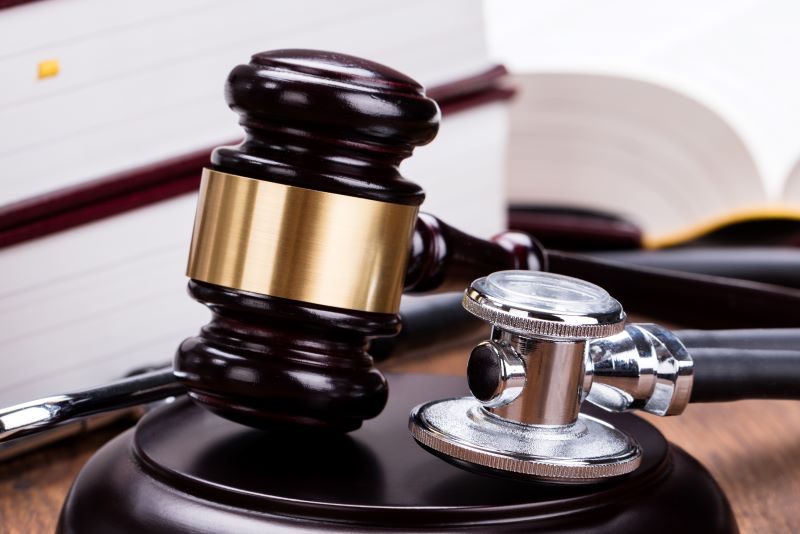 Source: Depositphotos
Source: Depositphotos
According to the organiser of the conference, Assoc. Prof. Karina Palkova, Dean of the Faculty of Social Sciences at RSU, ‘The medical law conference has become an important event for those working in the health sector, legal professionals within the judicial system, as well as researchers. This year, the conference not only raised the most complex and topical issues concerning the protection of healthcare professionals' rights, but also constitutionally important issues such as the mandatory use of the national language in the medical treatment process and respect for human rights in the working environment of healthcare professionals when identifying signs of mobbing and bossing. Another critical issue that was highlighted was the increased accountability for attacks on healthcare professionals.
The RSU Faculty of Social Sciences is a centre of expertise for medical law.
This means that our task is to strengthen and develop medical law and to provide analyses and solutions to current issues in the field of medical law to patients, medical practitioners and legal professionals, as well as to other interested parties.’
Topical and important issues
Important topics that were discussed included the strengthening of criminal liability for assaults on medical practitioners, amendments to the Law on Patients' Rights on the use of the national language in healthcare institutions, the protection of the dignity and honour of medical practitioners, etc.
Laura Šābere, Doctor of Law at RSU, presented her paper Increasing Liability for Attacks on Healthcare Professionals: Are Amendments to Section 269 of the Criminal Law Necessary? (Atbildības pastiprināšana par uzbrukumiem ārstniecības personām: vai grozījumi Krimināllikuma 269. pantā ir nepieciešami?) ‘In Latvia, there is currently widespread discussion on potential amendments to the Criminal Law to increase liability for attacks on healthcare professionals by patients and their relatives. However,
in order to effectively protect healthcare professionals in their daily work, other legal protection mechanisms need to be strengthened. Additionally, significant improvements are needed in how healthcare is organised,’
noted Šābere.
This year's programme was diverse in both practical and theoretical aspects. Assoc. Prof. Aldis Lieljuksis explains that questions regarding the regulation of Section 137 of the Criminal Law, which provides for criminal liability for unauthorised medical practice, were prompted by discussions initiated at the previous conference.
‘We felt it was important to address the questions raised by healthcare professionals at the conference regarding the ways dissatisfied patients express their attitudes and the legality of such expressions.
The relevance of the issue is evidenced by recent publications on the news portal Delfi regarding cosmetic injections and the legality of these practices. The available material clearly shows that there is a risk for both healthcare professionals and non-professionals to face situations where they may be held liable for unlawful actions. I discussed the elements constituting Section 137 of the Criminal Law in my presentation,’ said Lieljuksis.
Related news
 Constitutional Court and RSU agree on cooperation to strengthen legal science and researchFor Students, For PhD Students, Research, Law
Constitutional Court and RSU agree on cooperation to strengthen legal science and researchFor Students, For PhD Students, Research, Law